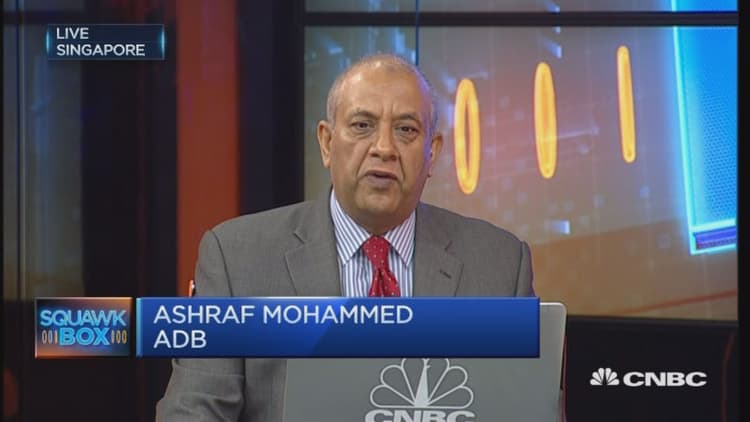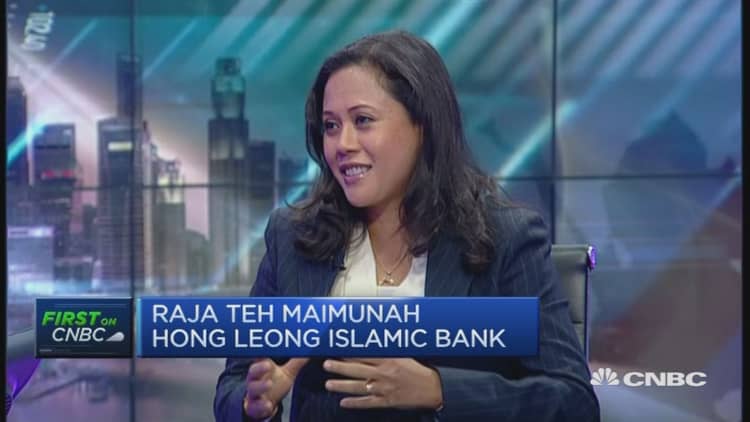The emergence of sukuks — so-called Islamic bonds — was arguably the most significant development in Sharia-compliant capital markets of the last 20 years.
However, only 4,650 deals have taken place since 2005 and issuance has declined from a peak in 2012, according to S&P Global Ratings. That is despite a large pool of investors that can only invest in Sharia-complaint assets, according to S&P. Sharia law prohibits levying interest on debt, making traditional capital market deals out of bounds for these investors.
What might spur the market would be standardization of deals that currently vary widely across countries and issuers, S&P's director of Islamic finance said on Thursday. This variation is in part due to Islamic scholars' conflicting interpretations of Sharia law and how it applies to debt financing, differing laws between issuing countries and variance in the structuring and underlying assets of deals.
S&P's Mohamed Damak forecast greater standardization would be reached within the next three-to-five years, with multilateral organizations like the Islamic Development Bank at work to establish a template for issuance and recent sukuk deals appearing more analogous across countries.
"I am hopeful of standardization being reached in the next few years. People understand now this is critical for the industry," Damak said a media briefing on Thursday in London.
"If the process becomes similar the process for a conventional bond, then probably people who are interested today will be able to tap it (the market) much more easily," he added later.
Upcoming deals this year include a dual-tranche $1.5 billion sovereign sukuk announced by Malaysia, which was publicized earlier this month. A novel feature of the deal is the use of metro tickets as an underlying asset, with the remaining 20 percent of proceeds to be invested in shares of Pengurusan Aset Air Berhad.

On Thursday, the Turkish treasury said it was also considering an international issue, with investor meetings in the Middle East to take place on May 30-31.
The U.K. was one of the first Western countries to issue a sukuk, in 2014 — having announced its intention in 2006. Damak said the time lag to execution was illustrative of the challenges facing potential issuers — and the benefits that standardization could bring.
"There are a lot of issuers that are today looking at the sukuk market — but when they see the process, they get scared," he said.
The complexity of sukuk issuance is one reason deal volumes have declined recently, Damak said. International issuance is seen reaching $50-55 billion in 2016, down from $63.4 billion in 2015, according to S&P. Plus, the drop in oil prices has hit government spending in several major sovereign issuers and decreased their need for funding.
Follow CNBC International on Twitter and Facebook.


